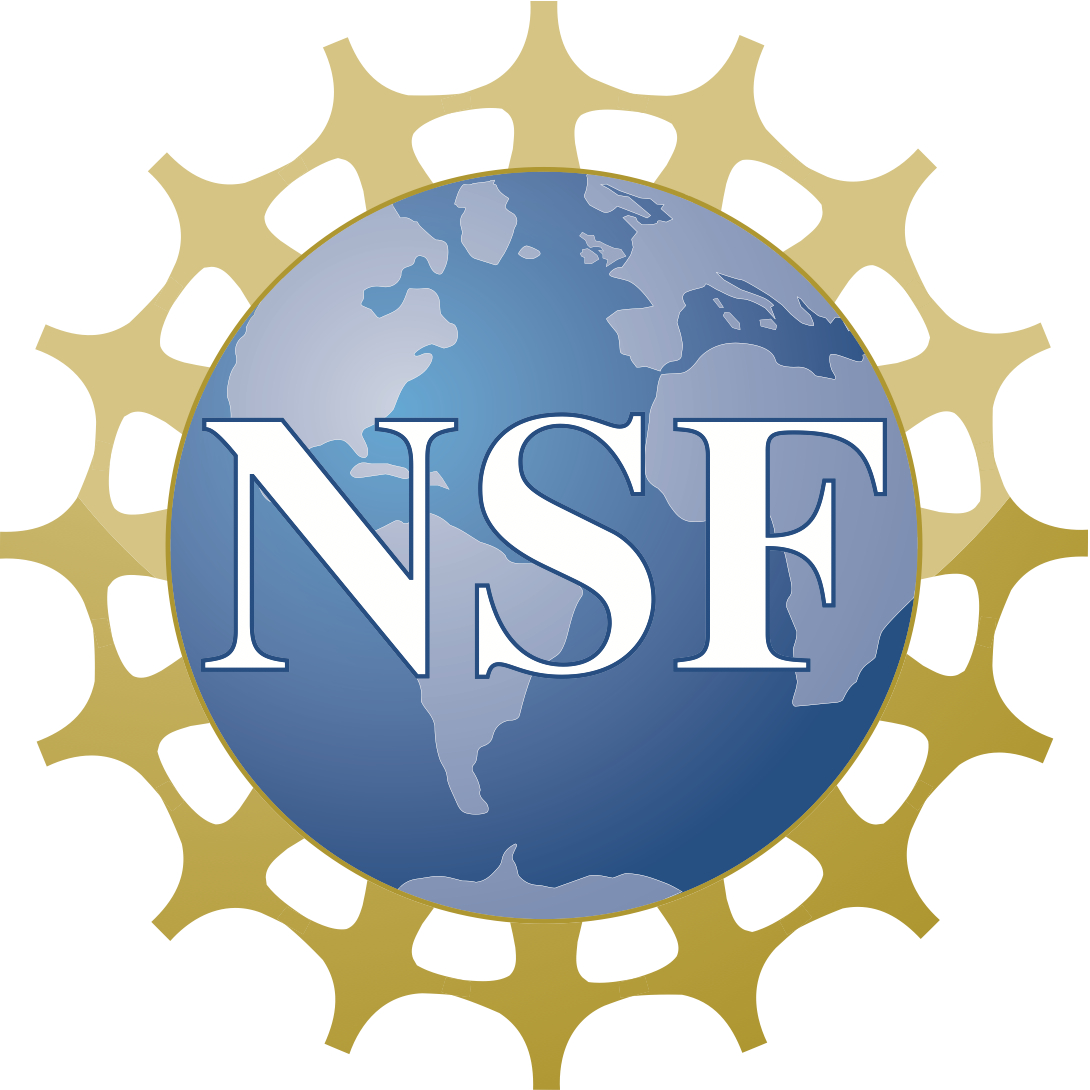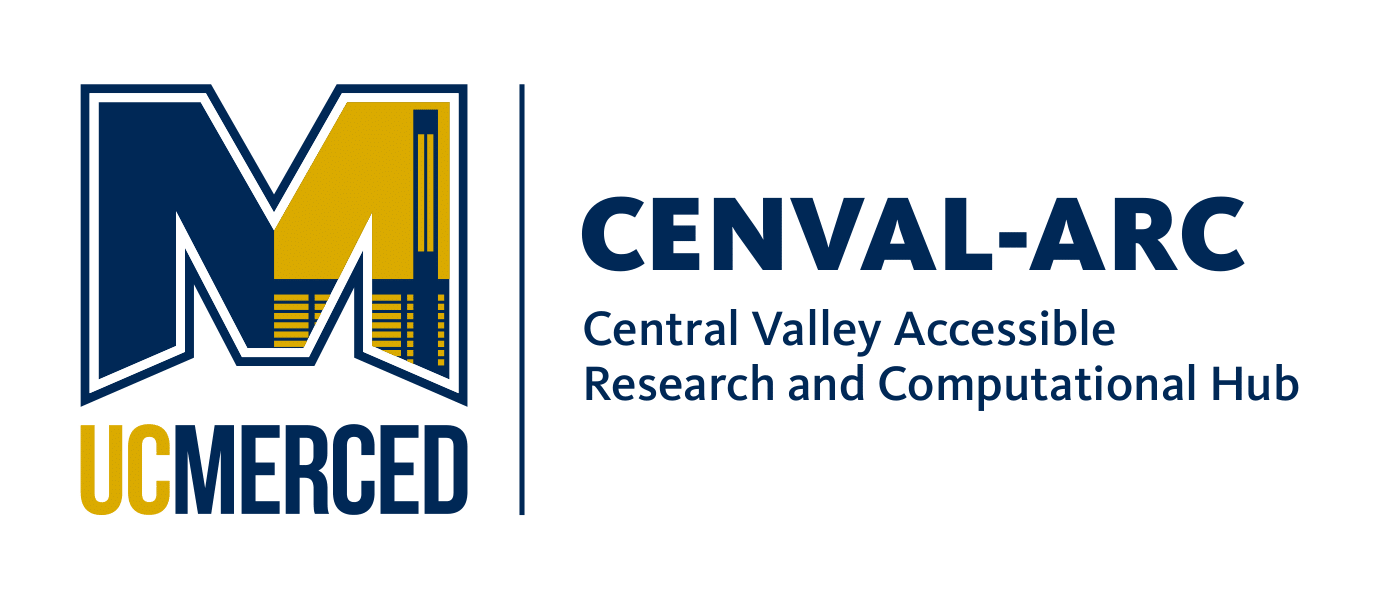Dear NSF Conference/Symposia/Workshop Participant:
This event is supported all or in part by the NSF under the Office of Advanced Cyberinfrastructure CC* Regional Computing award No. 2346744. Note that the NSF PAPPG Chapter II.A.1.g of the NSF Proposal & Award Policies & Procedures Guide (PAPPG) requires that all event participants are provided with information on the University’s policy on sexual harassment, other forms of harassment and sexual assault as well as information about how to report any violations of such policy. For purposes of this requirement, “other forms of harassment” is defined as “Non-gender or non-sex-based harassment of individuals protected under federal civil rights laws, as set forth in organizational policies or codes of conduct, statutes, regulations, or executive orders.”
The University of California is committed to creating and maintaining a community dedicated to the advancement, application, and transmission of knowledge and creative endeavors through academic excellence, where all individuals who participate in university programs and activities can work and learn together in an atmosphere free of harassment, exploitation, or intimidation.
The University has policies, which prohibit discrimination, harassment, and sexual violence and address how to report such violations. These policies include the UC Anti-Discrimination Policy and the University of California Policy on Sexual Violence and Sexual Harassment (“SVSH Policy”).
The SVSH Policy addresses sexual violence, sexual harassment, and retaliation (“Prohibited Conduct”). This Policy outlines the University’s responsibilities and procedures related to Prohibited Conduct in order to ensure an environment free of sexual violence and sexual harassment. The Anti-Discrimination Policy covers discrimination and harassment based on an individual’s actual or perceived Protected Category. A Protected Category is an identity protected by federal or state law, and includes the following: race, religion, color, citizenship, national or ethnic origin, ancestry, sex (including pregnancy, childbirth, lactation or related medical conditions), gender, gender identity, gender expression, gender transition, sexual orientation, physical or mental disability (including having a history of a disability or being regarded as being disabled), medical condition (cancer-related or genetic characteristics), predisposing genetic information (including family medical history), marital status, age (at least 40 years of age in employment context), or veteran or military status.
The full text of these policies can be viewed on the Office for the Prevention of Harassment and Discrimination (OPHD) website. OPHD will respond promptly and effectively to reports of Prohibited Conduct and will take appropriate action to prevent, stop, and remedy conduct that violates these policies.
Confidential resources, including the UCM CARE Advocate, are available to those who have experienced sexual harassment or sexual violence. For non-urgent questions or appointments, call the CARE Office at (209) 228-4147 or visit their office during business hours at the UC Merced Kolligian Library, Suite 107. Additionally, community-based advocates can be reached 24 hours a day through the Valley Crisis Center hotline at 209-722-4357. A survivor can make use of confidential resources at any time, regardless of whether the event has been reported to OPHD (the Title IX office) or other authorities. For more information about UCM CARE and other support services at UC Merced, see the UC Merced Care Office.
Any person may report incidents of sexual harassment, and sexual violence and discrimination and harassment based on a Protected Category to OPHD. Contact OPHD by visiting ophd.ucmerced.edu or by calling 209-413-4652 or emailing ophd@ucmerced.edu.
Reports to law enforcement can be made to UC Merced’s Police Department (UCMPD) for on-campus incidents or to the local department where the crime occurred. The UC Merced CARE Advocate or UCMPD staff can help determine which police department to contact. In an emergency, dial 911, or to reach the UCMPD’s dispatch line, call 209-228-2677. Reports to UCMPD can be made online at UCMPD’s website for online reporting .



